George Floyd and the Racial Disparities Task Force
March 29, 2021
With law enforcement conduct the focus of the Derek Chauvin trial, Rep. Shelia Stubbs, D-Madison, discusses George Floyd and her work as co-chair of the Speaker's Task Force on Racial Disparities as it prepares new police reform bills.
VIDEO TRANSCRIPT
SHELIA STUBBS:
Well, first and foremost, I want to thank you, Fredrica, for the interview. I think it's important for media to stay engaged with what's happened and the George Floyd situation. First and foremost, I want to pray and continue to pray for Floyd's family. I know that a loved one has been removed from their family and that they are going through — and I could not even imagine what they're going through — and so I want to literally thank you for doing this coverage. I think it's important to follow the story to the end. I think it's important for officers — they need to be held accountable for their actions.
I think that, not just the nation, let me be clear, not just the United States of America is watching this trial. It is global. It is worldwide. And I truly believe that with the Floyd scenario, with these officers, that other countries, other nations, places across the United States will begin to look at some reforms that will come out of this case, and also will begin to look at law enforcement standards that need to be revised, revisited, disrupted, dismantled in order to make sure that true transparency occurs in this trial.
FREDERICA FREYBERG:
Because how important is a measure of accountability for such officer conduct?
SHELIA STUBBS:
Absolutely. I'm honored to say that I'm the chair of the Speaker's, a co-chair of the Speaker's Task Force on Racial Disparities and the chair of the law enforcement reform subcommittee of the Speaker's Task Force on Racial Disparities. I'm helping to lead a bipartisan effort to address many of these issues and law enforcement standard boards are a critical partner in deciding cases, deciding what's happening, moving forward with policy.
I think it's important that our task force here in the state of Wisconsin makes real change. We are at a critical time in our country that change is being demanded everywhere. I went to many of the protests and I personally marched. I personally have been active with the Black Lives Matter movement. It is very clear they are demanding change immediately.
We are getting close to a year with Mr. Floyd's death and just celebrated a year with the Breonna Taylor case, and everyone is watching to see what the accountability will be for law enforcement officers. They are not above the law. If you break the law, you too have to go through a process of a trial, a jury, and your fate should be at risk. And so, I think it's really important that we take a moment and we reflect on the life of Mr. Floyd and all the officers that recklessly endangered the lives of the people that they serve, and they need to face professionally, civically and criminally — they need to face the outcome.
So often, so loud from communities of color — which I am a member of communities of color — our voices are not heard. We are not considered. But the nation and the world is watching what's happening with Mr. Chauvin's case in order to see what others will go through. And I think this case will be an example of what other officers will learn, what they should and what they should not do. So I am watching very closely the outcomes of this case.
FREDERICA FREYBERG:
How might what lawmakers and citizens see unfolding in this trial inform the passage of police reform, here in Wisconsin and nationally, do you think?
SHELIA STUBBS:
Let's think about it from a federal level, knowing the House Resolution 7120, called the George Floyd Policing Act. That bill facilitates federal enforcement of constitutional violations — which is excessive use of force in the state of Wisconsin right now with the Task Force on Racial Disparities — we are at the point of trying to define use of force because every municipality, every law enforcement agency defines it differently. So in the state of Wisconsin, it is critical that we come up with one uniform definition of use of force. But by state and local law enforcement, among other things, it needs to do a couple of things.
Let's talk about the George Floyd Policing Act that is so critical right now. It lowers the criminal intent standards from willful to knowing or reckless to convict a law enforcement officer for misconduct and a federal prosecution. Officers have to be held accountable. I don't know what better way to say it, but you got to be held accountable. We've also talked about it in the state of Wisconsin — the whistleblower act. If you see something, you say something. You call out that partner if they're doing something wrong and then allow the agency to follow through on how to protect yourself. In the state of Wisconsin, we talked about qualified immunity as a defense to liability in a private civil action against a law enforcement officer, a state correctional officer.
We are not yet at the point that we've defined what we will do at the state, meaning a recommendation from this task force that started meeting, and we were developed in September and started in October of last year. I think it's a serious conversation. We have law enforcement partners at that table and we are listening to what they are saying because the decision we make will impact their agency.
Qualified immunity is a conversation that I've heard many, many task force members and communities talk about, that, "Hey officer, if you do this, we get a chance to take away all your personal items that you've saved up that you've gotten money for." So I think it's important for officers to understand you are not above the law and we will hold you accountable if you do break the law.
FREDERICA FREYBERG:
So you describe how these discussions are ongoing as part of your work on this task force. How are they going? I mean, when might you be able to see some kind of tangible reform come out of this?
SHELIA STUBBS:
Absolutely, I'm glad that you asked that question because the task force, we're on track to making real changes in our state, and it is vital that we stay on the course, and we fight for real reforms.
We are doing something that's never been created across the state of Wisconsin, a bipartisan effort that only includes two elected officials, as the co-chairs that are bipartisan. I'm a Democrat and the majority leader, Rep. Jim Steineke, is the Republican lead. And then we have Rep. Bob Wittke, who is the Republican that's on the Education and Economic Development Task Force as a co-chair, and then we have Rep. Kaylan Haywood, who is the Democrat. So we are doing something that has never, ever been created in the state of Wisconsin.
You know, the makeup of the task force is most important. If we would have put elected officials there, we would have done the same thing we keep doing over and over again. Democrats want a special session. The Republicans gavel in or gavel us out — they don't take it into the point of really being looked at and listened to. But with this task force being made up of community leaders and activists and pastors and law enforcement agencies, we are able to sit at the table together and listen to why we suggest one recommendation over another, and I think that's where change begins to happen.
We got to get to a place that we trust each other, we listen to each other. Let's build on what we agree on versus what we don't agree on. So I know firsthand, and I can say this loud and clear, that the lives of people of color need to be valued.
If you've learned nothing else during this movement of Black Lives Matter, it's people of color saying "Our lives matter — Black Lives Matter!" And I would have counterparts say, "and other people's lives matter too." I get it, I understand. But by creating the real reform in policing, we can prevent senseless tragedies like George Floyd, Breonna Taylor and so many other names that I can call and say their names out loud.
We can prevent it. So why aren't we? That's where the real work is taking place with the task force. We're not rushing our work. We want to make sure we listen to every voice that's at that table, so soon, hopefully at the end of April, we'll come forward with a nice task force report and hopefully beginning in May have our bills rolled out.
But it's important that we get it right with experts in the room. When you're an elected official, it's whoever is calling your office. But with this task force, we have experts coming in that space and telling us why a certain policy needs to pass. So that's why it has taken us longer, because we got to get it right. I don't know what's going to be the next time that Black Lives Matter, police brutality, task force recommendations are going to be critical.
For me, as an African-American woman who's been profiled, who's living in a state, where Wisconsin is the worst state to raise a black family, it's critical and pivotal that I address this topic with urgency. And it's not just for me, it's for my white counterparts too. They need to get it right. They need to be an ally. So that's where we stand in this huge conversation on police brutality and reform. And we will get reforms in Wisconsin, and I hope that we become a national model for other states that are looking for reform.
FREDERICA FREYBERG:
I have one last question and it goes back to the trial itself. How truly horrible and triggering is it to see, again, that video of George Floyd dying under the knee of this officer, as was played again in court today for the jury?
SHELIA STUBBS:
Let me say this to you. When I first saw the video, I cried. It touched my heart — that is someone's son. You know, when Officer Chauvin held his knee on the neck of Mr. Floyd for almost eight minutes — I've kneeled at so many marches for eight minutes — that's a long time. And to witness this young man go to the point of crying out for his deceased mother. What else could he have done to get the officer's attention that "I can't breathe"? He wasn't the first person to say that.
Let's talk about Eric Garner. He said, "I can't breathe." Why can these officers not realize that we are humans? And when we say we can't breathe, why wasn't he given medical attention before he was dead?
It hurts my heart. It's traumatic to watch this video over and over and over again. But for some people, they got to realize that this could have been their son, their daughter, their family member. I think what it does, it keeps us from being numb. There's some people numb, they don't believe that it's happening.
But with Mr. Floyd's death, he was a drum major for justice. And across this nation, there was not a mother, there was not a woman who cannot relate to this young man crying for his deceased mother. Everyone began — the CEO's daughters began to march, the CEOs themselves, our professional teams got involved — because everybody watched this man, Mr. Floyd, being murdered at the hands of law enforcement officers whose job is to serve and protect. Not serve and kill — serve and protect us.
I'm almost speechless to say it's unacceptable. That's not even the word. It was not necessary to kill him. It was not necessary, and they were not sworn in to go out and kill people. They were sworn in to serve and protect.
Because of that situation, there are so many communities, especially communities of color, that do not trust law enforcement. As a result, I hear defund, divest, reinvest in law enforcement. I think that is critical across our nation, that we need to look at what has to happen as a result of Mr. Floyd's death.
I can say first hand, in the state of Wisconsin, Governor Evers worked with the Wisconsin Legislative Black Caucus, and we began to introduce bills on establishing a use of force standard for every officer, requiring each law enforcement officer to annually complete, in eight hours time of course, of training on use of force and de-escalation.
I'm a former probation parole agent and I know de-escalation techniques. They did not have to kill Mr. Floyd, but in fact, that's what they did. We are in the point of eliminating the use of chokeholds. We're in the point of requiring each law enforcement agency to not only prepare a policy regarding the use of force standards by law enforcement, we are in the point of talking about who really needs to be on the law enforcement standard boards. Does it need to be all law enforcement agents? Can we put more community leaders on these boards where we are objective, where the community sees things that law enforcement no longer see — why? — because they are numb to it. We are in the point of requiring our Department of Justice to publish an annual report of use of force incidents. Why don't the community know?
We are demanding transparency. We are demanding the prohibiting of no knock warrants. We are demanding that employment files for employees that transfer from law enforcement, one department to the next, be available, so they can know that this particular officer did a terrible job at this agency. But community wants transparency, and community is not wrong for this. Community demands that our law enforcement agencies get these mental evaluation, learn de-escalation skills that call on them to help providers to help us. Instead of always arresting someone, let's take them to a triage center, which in Dane County, we're in the process of opening up a triage center.
Every contact with community does not require death, does not require use of force. But it requires common sense. That's what it requires — common sense. Do unto others as you would want them to do unto you.
I hope throughout this process, these officers have seen they're wrong. They have to take accountability for what they've done. The one thing they cannot do, and let me be clear, they cannot bring Mr. Floyd back to life. They cannot bring Breonna Taylor back to life. But they can stand up for reforms. They can take accountability, and they have to be judged based on their character.
That's where I stand on this whole situation, and I'm watching the state of Minnesota to see what other reforms may come out that the state of Wisconsin can replicate. Because if it's good reform, why aren't we replicating it across the United States?
Very quickly, we had Tamika Mallory speak to our task force and her attorney — she was actually in Kentucky and Louisville at the Breonna Taylor anniversary — as she told us the importance of passing a Breonna Taylor law. It's getting the connections with these activists and bringing them to the table in helping.
I think in the state of Wisconsin, that is exactly what we're doing to move forward, so that when we come forward with good policy, that it passes bipartisan in the state of Wisconsin. I could stand up as a co-chair and say, now in the state of Wisconsin, it is law. That is my final outcome, is to get reforms written into our law, so that I can stand up so we don't have another George Floyd case, we don't have another Breonna Taylor or other cases across the state of Wisconsin.
FREDERICA FREYBERG:
All right, we will leave it there.
 Passport
Passport




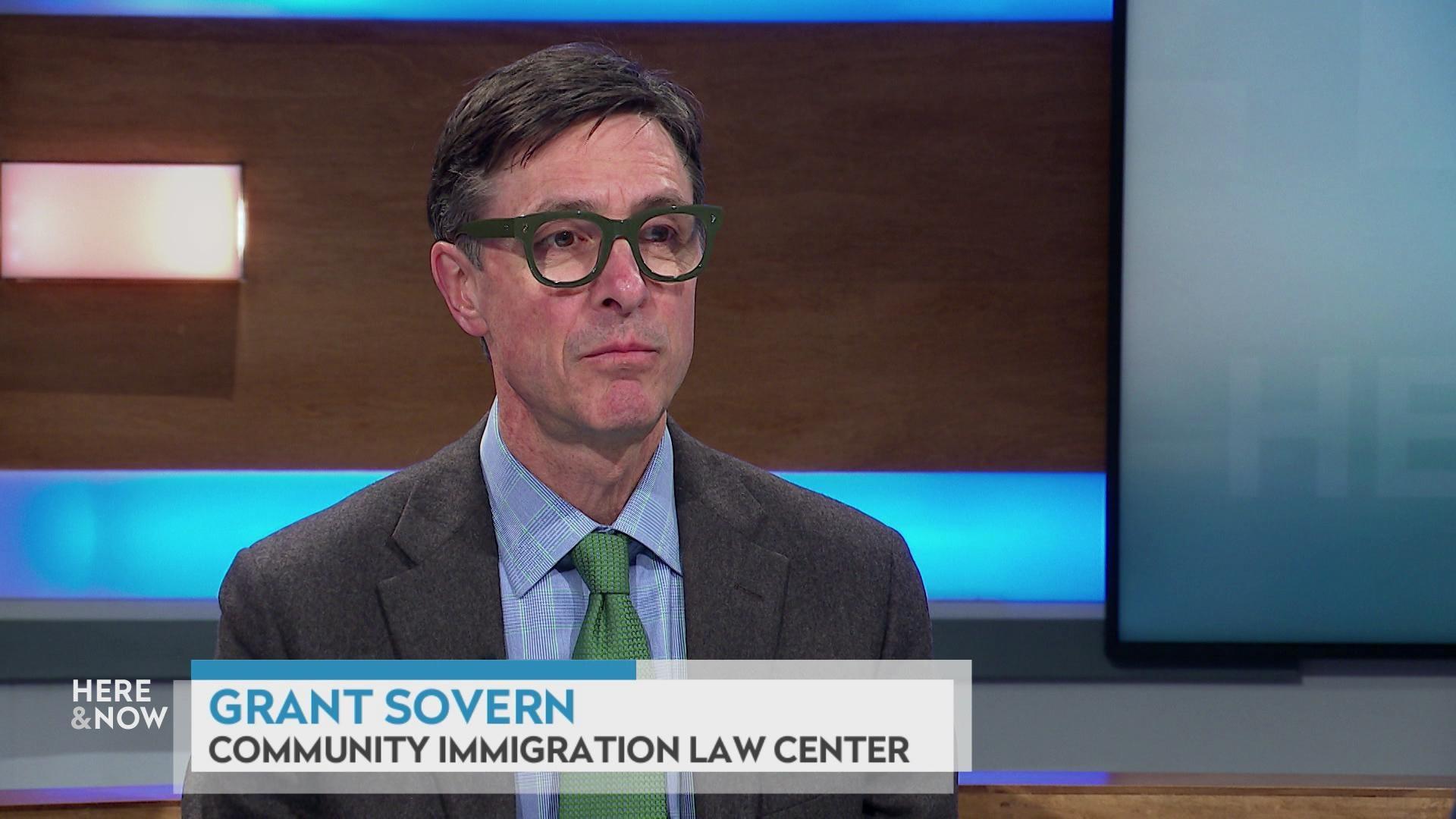
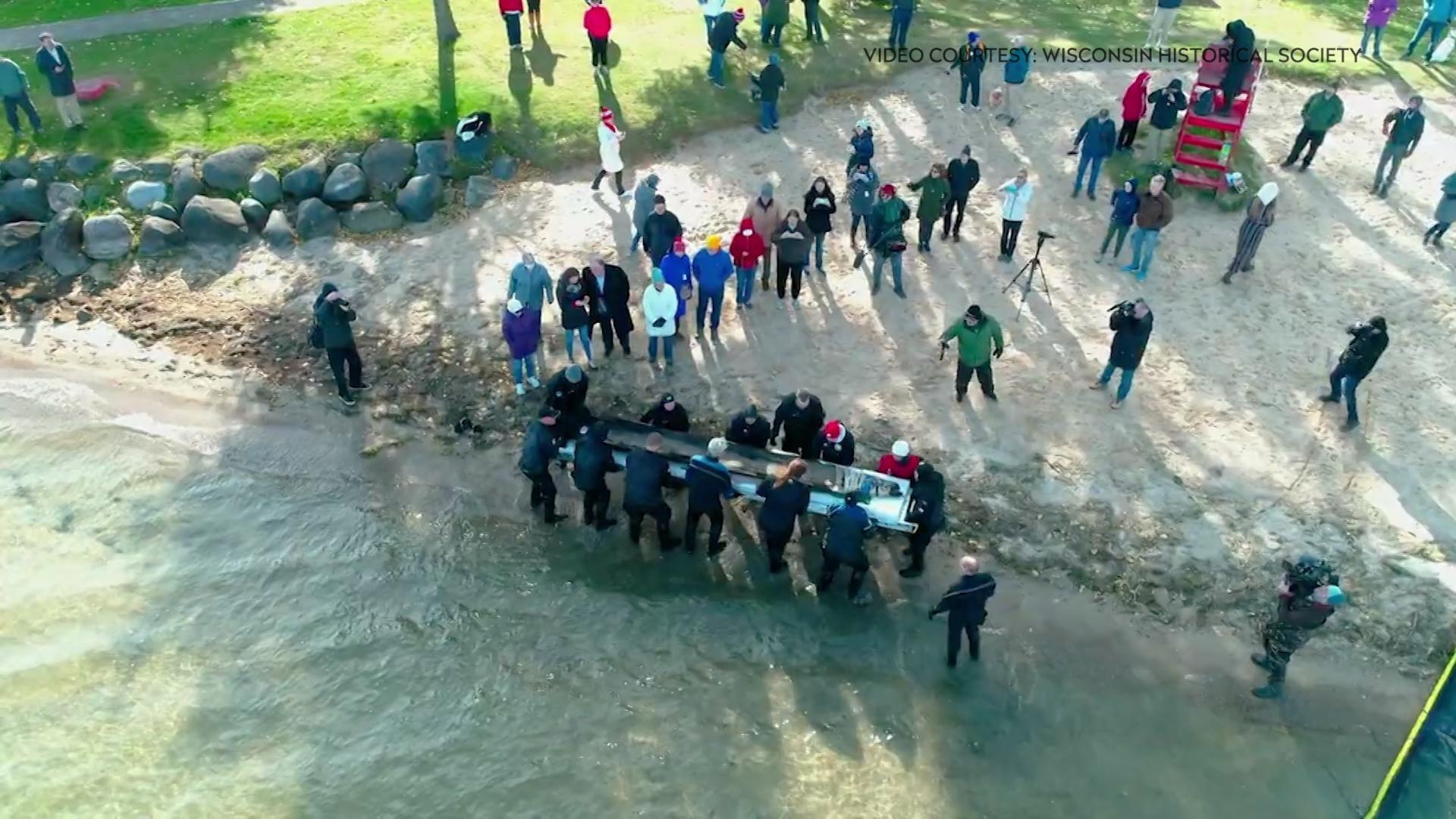
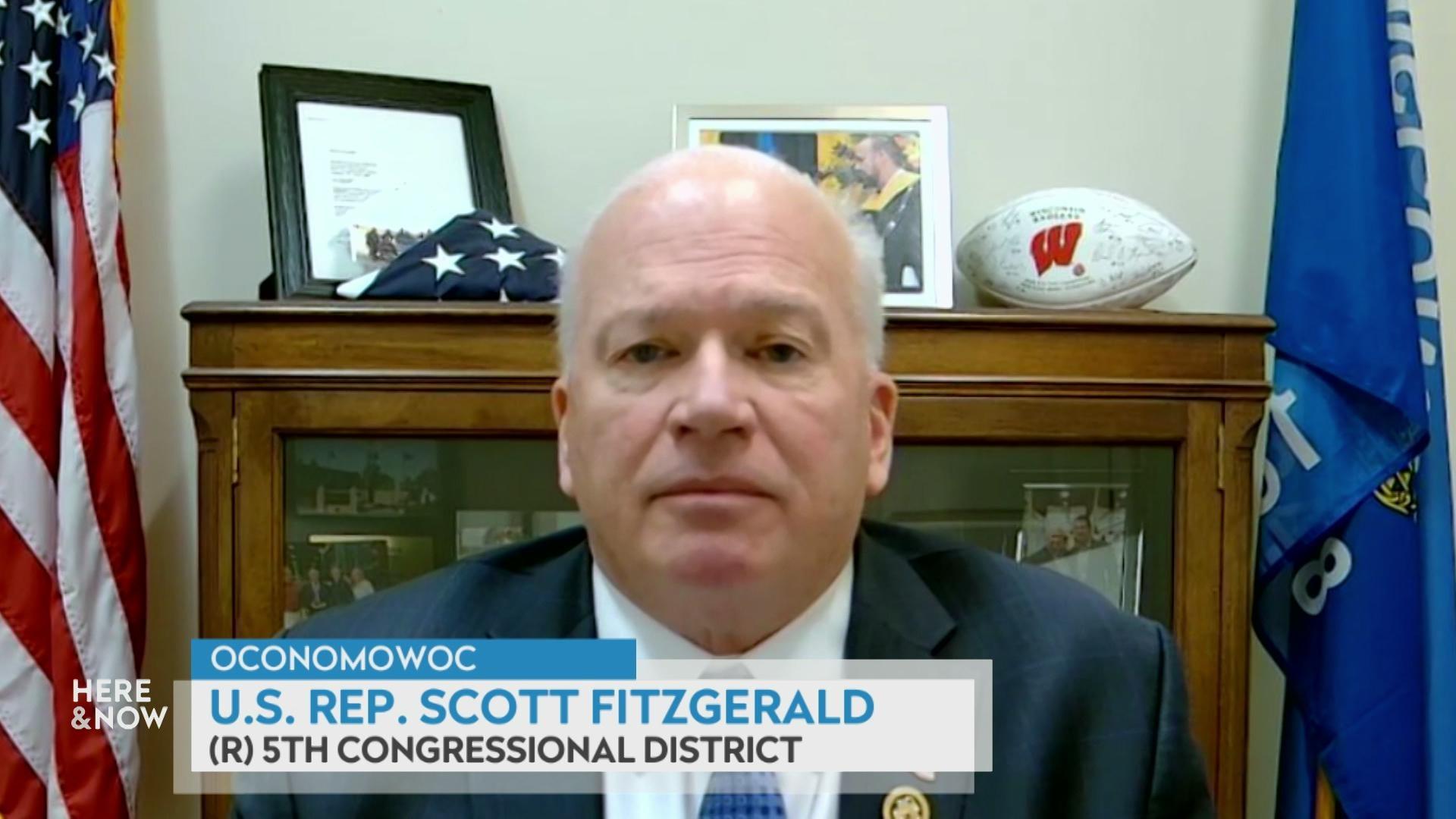
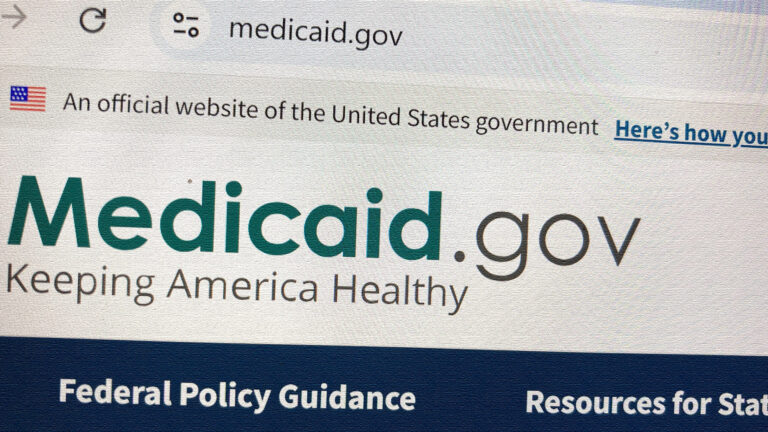
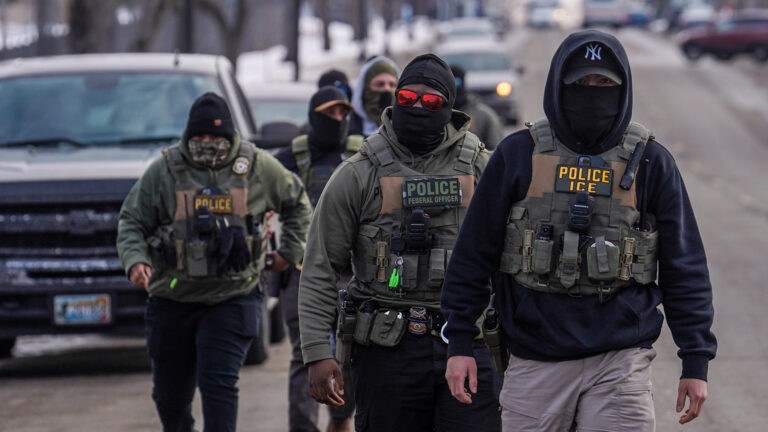
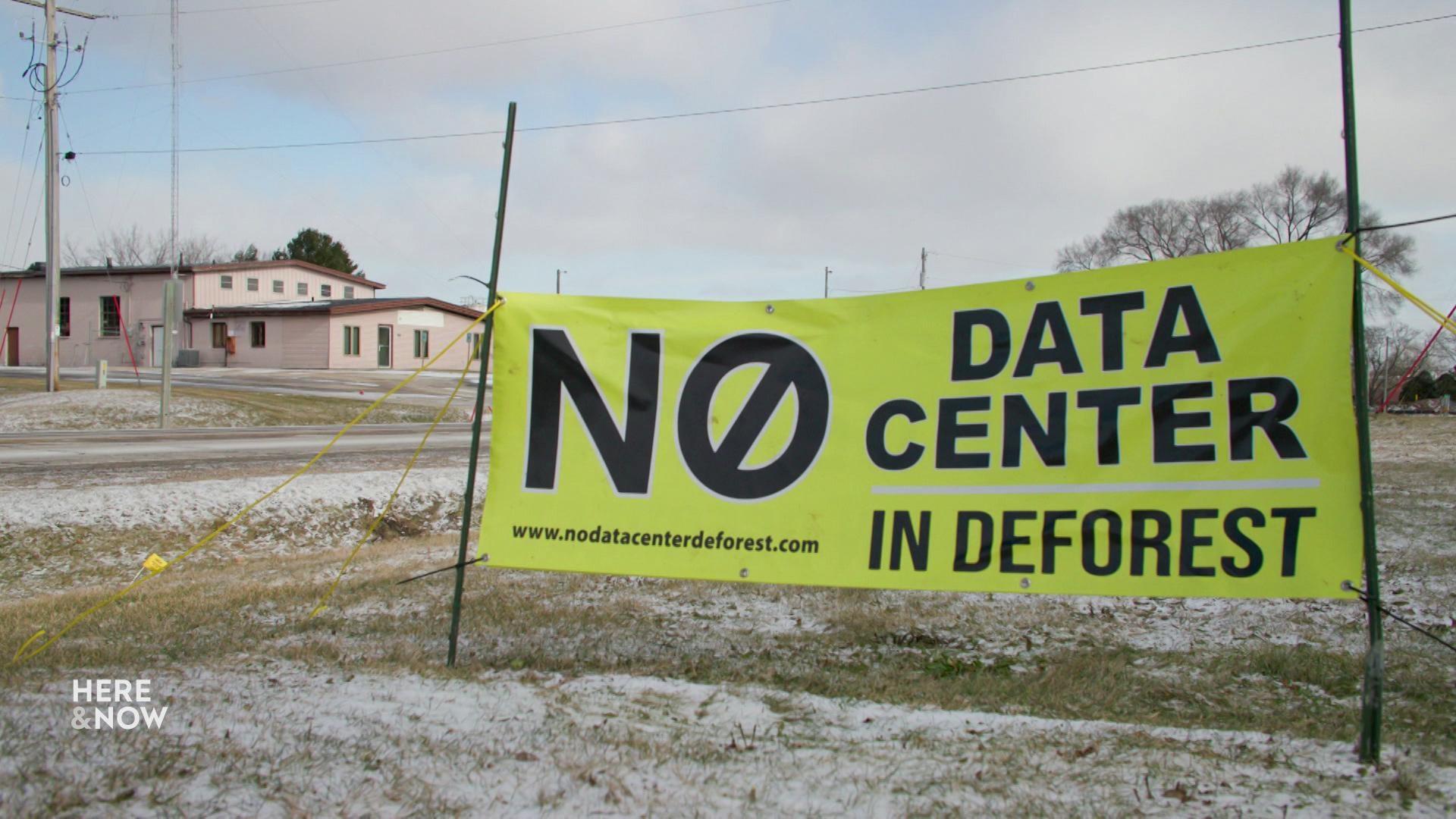

Follow Us